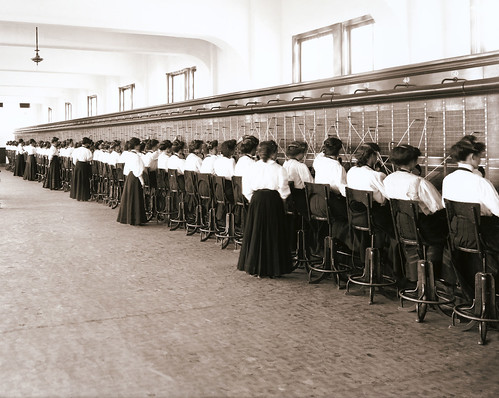“Hello, Quest Help Line, this is Dana speaking, how may I be of assistance?”
“Yeah, hi. So look, we’re in the Everdark Dungeon—“
“Is that EverDARK or EverDART?”
“Dark. Dark, like, no light. Is there really an Everdart—actually never mind. Not important. Still there?”
“I’m here, go ahead.”
“Okay anyway, we killed Lord Chymerion—“
“Congratulations!”
“Thanks!”
“Did you find the trap door?”
“There was a trap door?”
“Yes, sir, right underneath him.”
“Aw man, we totally missed that! No, we used a gorgon head our rogue, Tarrix, stole.”
“Very clever.”
“Yeah. The problem is, Tarrix missed a portcullis trap and now we’re under a Disrupt Sight hex. We’ve been wandering for—“

“Okay sir, relax. I can help. Have you tried an anti-hex potion?”
“Tarrix mistook the last one for a restoration potion.”
“Is Tarrix still with you?”
“…Uh, no ma’am.”
“I’m sorry to hear that. What about your conjuror? Did she cast Divine Lighting?”
“Of course she did! Do you think we’re amateurs?”
“No, sir. Sorry, sir. Do you still have your Blessing?“
“Oh my god. I can’t believe we forgot—”
“Ah, well there you go. Try that.”
“It worked! Thank you!”
“That’s what we’re here for, sir.”









